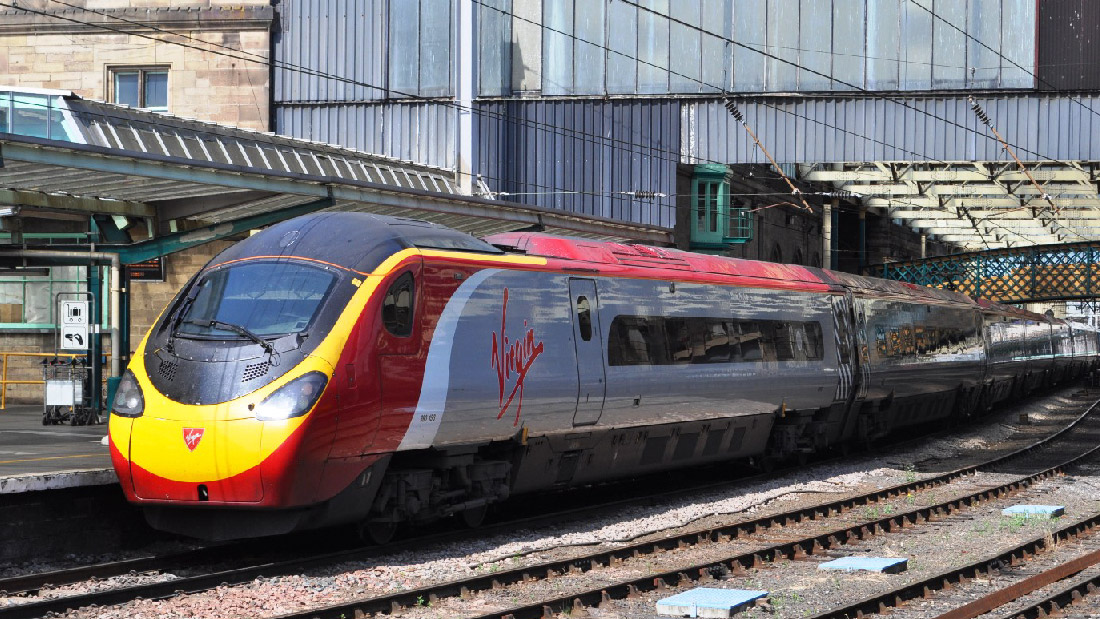
11 Jul 2014 WiFi on UK Public Transport: An Emerging Trend
In Britain, we are becoming used to connectivity 100% of the time. As well as relying on connection to the internet for our entertainment and general pastimes, we also require it for navigation and for important information throughout our working days. There have been increasing calls for improvements to WiFi technology on UK public transport in recent times, with commuters and travellers expecting to be connected at all times during their journey. For many people, being able to get online during their commute is essential to their job. Whilst mobile phone contract data allowances can be quite considerable, a reliable WiFi connection is much more efficient and usually considerably faster.
The Current Situation
At the heart of this debate is the London Underground. During the 2012 Olympics, Virgin Media offered free WiFi access for all travelling on the Underground, but this was revoked in 2013. Many users now must pay for the privilege; £2 per day, £5 per week, or £15 per month. Virgin Broadband and Virgin Mobile customers can get Underground WiFi for no extra cost. Customers of Virgin’s partners on EE and O2 can also gain access for no extra cost. At the moment (current time of writing), this service is working at 137 stations, including major ones such as Kings Cross St. Pancras, Euston, and Oxford Circus. There is a total of 270 stations currently operational on the London Underground – so quite a way to go before achieving full coverage. Nevertheless, this policy signifies a commitment to improving the connectivity on, arguably, the most important transport service in the whole of the UK.
London Overground
TFL are also committing to improvements on London Overground services. According to Transport For London’s own website; “We have partnered with The Cloud to bring WiFi to more than 56 London Overground stations, meaning you can browse, connect and share anywhere in the station.” After the announcement of WiFi improvements to the service in 2012, Howard Smith, Chief Rail Operating Officer for TFL, said; “London Overground is one of the best performing railways in the UK. We have modernised every area of the service including the train fleet, the stations and signalling. By providing this new service our passengers will be able to access our latest travel information free of charge and it will enhance our reputation as providing a truly modern railway fit for the 21st century.” The full system was switched on at the beginning of 2013, giving London Overground passengers 60 minutes of free connectivity each day, with the option of upgrading for a price.
UK Railways
Some of Britain’s rail services also offer WiFi, including East Coast and many CrossCountry routes. The UK government has gone on record committing to improvements for train WiFi. According to a recent BBC article; “Ministers are promising that a £90m upgrade across England and Wales will stop them being “constantly disrupted by poor signal”. This will be part-funded by a £53.1m fine levied on Network Rail for failing to ensure enough trains run on time. It is expected that a universal service, offering broadband speeds up to 10 times the current level, free to all train users, will be in place within a few years.” Network Rail are in the process of installing their own transmitters along major routes, with passengers into London, Manchester, Sheffield, and Leeds expected to benefit first. Combined with the government’s initiatives, this will prove to make UK trains a much better working environment, which will contribute to a more efficient and productive economy overall. Europe is already pushing ahead with improvements to WiFi, using the model of advertising to fund the venture. Rather than charging users to connect, rail companies such as Arriva in Denmark will install small banner adverts. According to eurailmag.com, Sweden’s SJ Trains offer customers a full entertainment experience, capitalising on their WiFi to feed their users digital media.
Overcoming The Challenges
There are a number of challenges associated with implementing WiFi solutions on public transport services. Firstly, there are clear financial constraints to installing the latest technology. One estimate suggests that adding WiFi to a train with three cars would cost approximately £15k. The cost of taking a train out of service must also be understood, especially at a time when the rail network is at maximum capacity. There are also multiple technical challenges to face when implementing WiFi on public transport. Maintaining a consistent connection is key, and this proves to be a problem in many cases, where transmitters pass over from one to another along the route. For more information about our WiFi solutions, get in touch with Purdicom today. You can call 0845 331 6169, or contact us online.